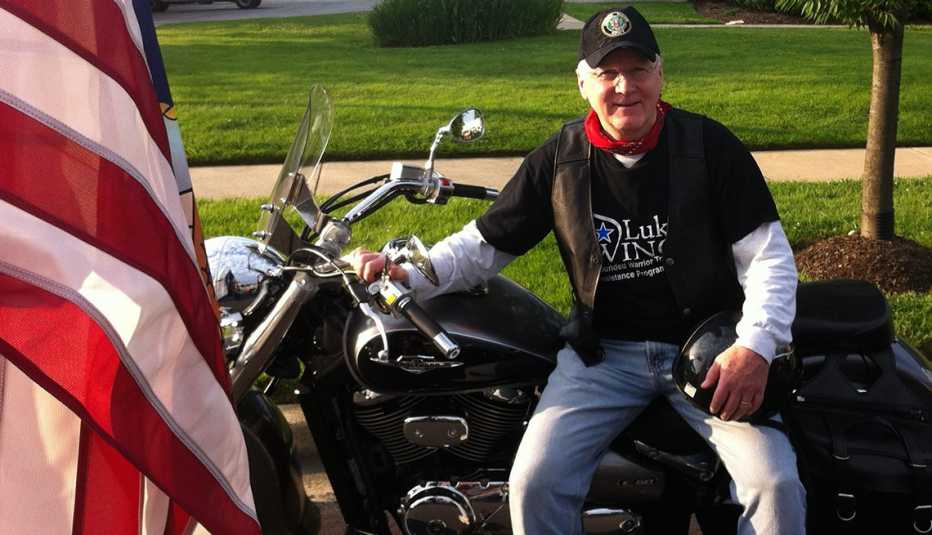AARP Hearing Center


This will be the last time the sounds of Rolling Thunder's motorcycles will echo throughout the country's highways on the way to Washington, D.C., as the organization has decided to end its 32-year annual Memorial Day weekend Ride for Freedom.
Since the veterans advocacy group's beginnings in 1987, Rolling Thunder's mission has been to highlight the lack of government accountability for service members who have been prisoners of war (POW) and missing in action (MIA).
Once in the nation's capital, the riders form a slow motorcycle procession from the Pentagon parking lot, across the Memorial Bridge and to the Vietnam Veterans Memorial wall.
The founders of Rolling Thunder, Artie Muller and Ray Manzo, planned the first gathering in Washington during Memorial Day weekend of 1988. They reached out to fellow veterans, their families and advocates, enlisting help to get their voices heard through a demonstration in the nation's capital.
Their arrival was announced by the roar of their motorcycles, a sound that members compare to the 1965 bombing campaign against North Vietnam dubbed Operation Rolling Thunder.
About 1,500 riders from across the country converged in Washington in 1988, and the annual event has attracted an estimated 900,000 participants over the more than 30 years, including veterans from recent wars, according to the group.


Vietnam veteran Rick Grimes began participating in the Ride for Freedom in the late 1990s, when he lived in nearby Alexandria, Va. He described the diverse participants the event attracts, including “physicians, lawyers and dentists riding alongside people who come out of all the body shops, really tough guys from the biker clubs who show up and they are all leathered up, and it's just a very fascinating event."
"It's a thrill to be able to ride with all these folks. Many of them spend all year long preparing their bikes,” Grimes said.
He recalled a year when a Marine sniper who served in Afghanistan attended the ride just after receiving his artificial legs and was able to ride on the back of a trike motorcycle. When people saw him, police escorted the man to the very front of all the bikers. The organizers gathered around him and thanked him for his service.



































































More on Home and Family
How to Observe Memorial Day With Respect for Lives Lost
What to say to grieving family membersThe Buddy I'll Never Forget
Heroic stories of friendships forged in war